Life in Goa During Lockdown
Three years in India during the global pandemic was both difficult and rewarding...
Steve
4/2/20248 min read
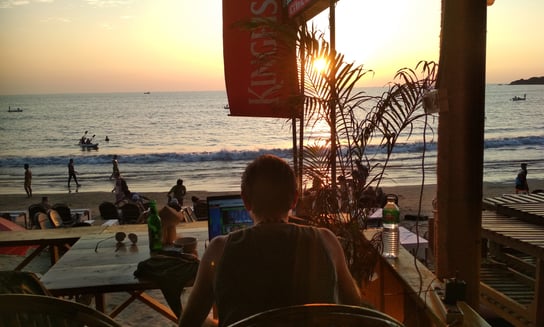

In March 2020, as the world came to a screeching halt with the onset of the global pandemic, I found myself in an unexpected situation- stay with friends and family in the UK, where I had been for a month to renew my visa and was supposed to be for another month, or return to the sanctuary I had already started to set up a life in: Goa, India's coastal gem, known for its vibrant beaches, eclectic markets, free living and the warm embrace of its local culture.
I am going back there soon, and intend to be there half of the year, every year...
Will I be seeing you there one day?
Will you use the skills this site teaches to create your own laptop lifestyle?
I hope so.
Maybe I'll see you there someday.
Steve
Pre-pandemic, I, like many others, was drawn to Goa's laid-back lifestyle and scenic beauty and enjoyed months at at time there over winter, making money online, living the "laptop lifestyle" and enjoying life with an amazing community of locals and expats, holidaymakers and long-term stayers.
Little did I know that day in Birmingham, upon hearing the news that India was going to close it's borders, that I would soon call this place my home for the better part of three years straight.
It was the day before the Cheltenham Festival Gold Cup, a day I would traditionally be "working" on horse racing free bet offers and extra place refunds. It is called Cheltmas amongst matched bettors for a reason!
I made a choice at 11pm that night, 14th March, and booked the last flight to leave the UK for Mumbai at 10.30AM the next day. The coach to Heathrow was empty, and I phoned my family at 7AM from the airport to say I am heading back and could not meet them for dinner that weekend, but I would "see them in a few weeks". I intended to be back by June.
On the flight were 3 friends from Goa, all doing the same as me: returning to the beach life we enjoy. The airport in Mumbai, usually crammed and chaotic, was eerily empty and easy to sail through.
People were wearing masks, the first sight of them in what would become the norm for the next 2 years ..
As I arrived back, many friends intending to be there until the end of season were flying back to their home countries. Workers from North India and Nepal fled by train in their droves. Bars closed, beaches emptied and the sudden imposition of travel restrictions and border closures transformed Goa almost overnight from a bustling hub of activity to a quiet, reflective community.
Cut off from the rest of the world, my fellow expats and I found ourselves navigating the complexities of life in lockdown far from our countries of origin. The first lockdown was brutal. Total lockdown. Not a shop, bar or store open. Police with sticks patrolling the streets and neighbourhoods, hitting those who dared break curfew, even to get to a GP..
It was during the first monsoon in lockdown, May 2020 that I found a tiny puppy in the road, and rescued him with the help of the local fantastic Animal Rescue Centre. We saved his life.
Not long after, I took on Taz, another abandoned puppy and the two bonded immediately. We all lived together in an apartment and went to the beach every morning for walks, with them riding in my bag on my scooter. I still have Alfie, and another called Honey, but sadly Taz disappeared during a time I was away.
As borders were closed stopping vegetables from coming in, and no fishing was going on, it got to a point where no food was available, and some tourists in "room-only" accommodation were stranded without water, in resorts abandoned by the owners and staff.
We had to sneak around to each other's homes with bits of fruit and veg, pasta, fish and rice, just to eat for the first few days, and help stranded tourists get food and medicines. Then the locals began to secretly feed us and help us out. The stories you may have seen in the media that unfolded during this period offer a poignant glimpse into the profound personal impacts of the pandemic, but there are too many to mention in this post.. one day I will write a book about it!
During this time I extended my income streams to include coaching and creating content for online education courses, featuring matched betting and casino offers. I was regularly creating guides for a group of 200+ members, and still do on occasion now.
I was able to work from Goa because I used a VPN on my laptop, which meant I could also watch Netflix from different countries during the many hours of monsoon rain.
For nearly two years, I lived in a small house by the beach, where my dogs had a great territory, the beach being their playground.
They are still running about there right now. One is by the boat in the background of this picture, taken as I was being filmed while making some tutorial content.
These personal journeys of adaptation, resilience, and community solidarity became the silver linings of our pandemic experience.
News features and documentaries captured our shared experiences, weaving narratives of unity and mutual support that transcended nationalities and backgrounds, but they couldn't capture the feelings.
In our community we had over 40 nationalities, from every corner of the world, and that sharing of resources, cultures and experiences helped all of us get through those difficult times.
As the world begins its journey into the post-pandemic era, my story and those of my friends in Goa during this unprecedented time reminds us of the power of human connection and adaptability.
What started as a choice of escape and became an enforced stay transformed into a profound life experience for many of us, deeply intertwining our lives with the fabric of Goa and each other.
I now have my "lockdown family" in every corner of the globe..
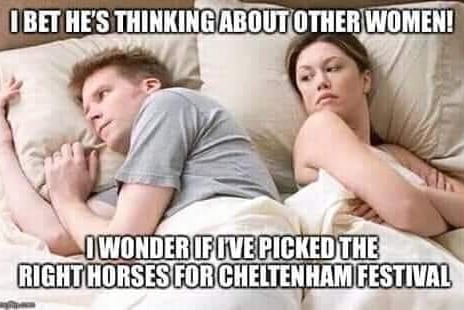

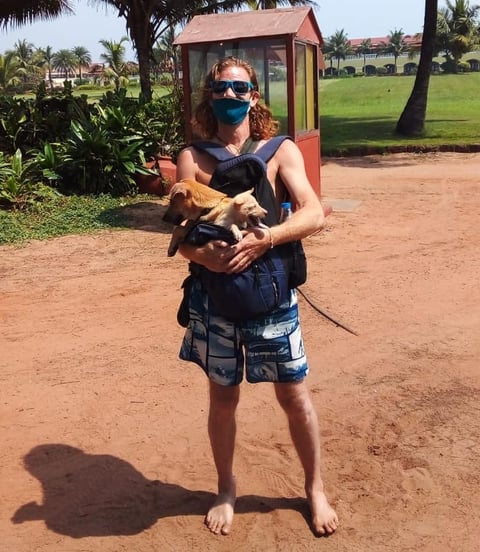

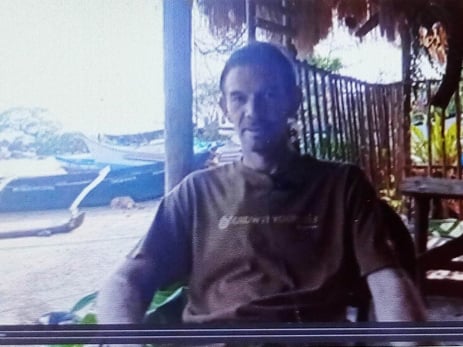

As the lockdown eased, and the rest of the world was suffering ridiculous lockdown measures we watched from afar wondering how long until the situation relaxed, supporting each other in a easygoing community.
We were blessed to be able to enjoy life free of most restrictions the world faced, due to the more relaxed way the Indian government eventually handled things. We were able to be at the only operating circus, and had the usual celebrations for birthdays and the many holy festivals. At Halloween 2021 we had a party which was featured in The Goa Times, and I was pictured (blue shirt, red hat, white tee, left in group) which was amusing.
We became a tight-knit family, and had a wedding, a birth and three deaths to contend with at a time there were no official services running. Some of us sadly lost family members and friends far away in Europe or the US, and had to deal with the inability to attend funerals or family matters for a very long time.
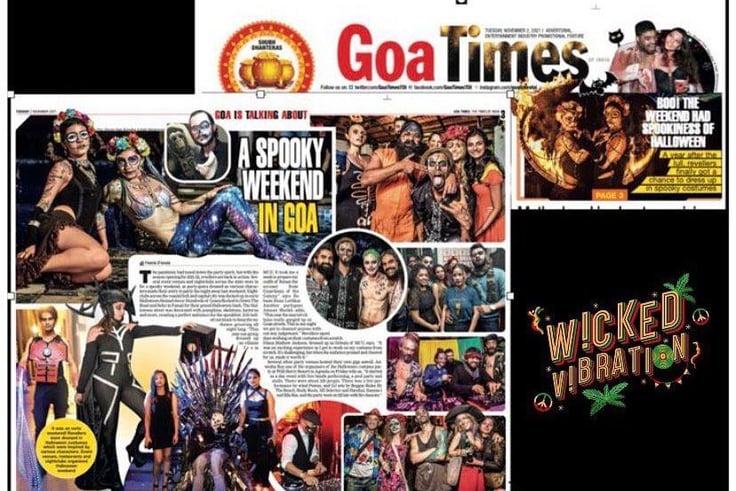

In November 2021, international air travel resumed "as normal" and so the Indian government finally told us all we had to now leave the country, and revoked our suspended visas. They had been extending them and giving us a free stay for nearly 2 years. It was time to go back to the UK.
Except that I couldn't, as I had broken my thumb quite badly in a road accident- I had hit a cow or water buffalo in the dark on a bad road and because of my hand injury, I was going nowhere. I had a series of 3 operations and let it heal for a few months. Then on midsummers day, 21st June 2022, after 857 days away from the UK, I flew back from Goa..
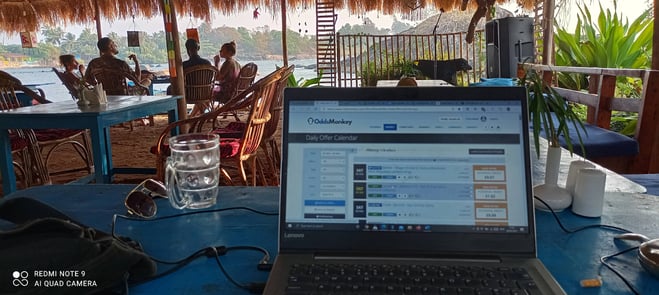

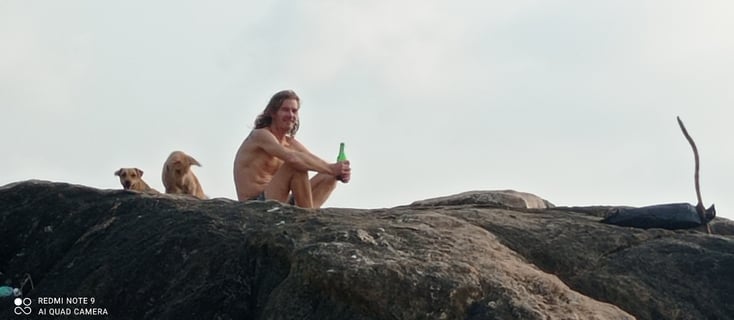

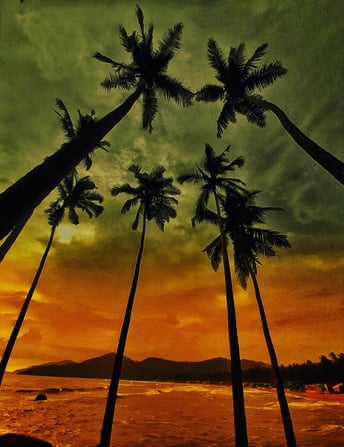

Though the pandemic wreaked havoc on Goa's tourism economy, it also forged unexpected bonds and community stories that continue to resonate.
As travel resumes and Goa opens its arms to the world and the Indian domestic tourism markets once more, these stories of resilience and solidarity remain a testament to the enduring spirit of both its people, the migrant workers and those of us who found a temporary home in this beloved coastal state.
It was a long "holiday" and although I did often miss family and friends, I would not have changed a thing. Goa in lockdown was unique.
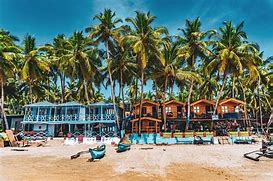

Our tale is one of finding beauty and community in the most unexpected of circumstances, marking a unique chapter in the personal histories of everyone involved..
One such narrative that caught international attention though, was the number of Western tourists, including myself, stuck in India due to flight cancellations and border lockdowns. It was estimated at 20,000 in Goa alone at one point, but was likely higher. Initially fraught with anxiety and uncertainty, we gradually began to integrate more deeply into our local communities, into their homes, not businesses. Most of the local Goans rallied to help many of us, for which we are forever grateful.
Our plight was covered by local news outlets and shared across social media platforms, showing us using our time by volunteering for beach clean-ups, participating in rabies programs, and organizing online fundraisers to support the hardest-hit local businesses. A secret school was set up for the children in an abandoned beach resort, each beach hut being a "classroom" for mixed age kids, all keen to learn, or do something.
The Indian government, acknowledging our unique predicament, were great in many respects and launched special repatriation efforts for those in need, called "bubble flights" to several countries. Yet, many of us chose to stay, swayed by the unparalleled sense of community and safety we found here amidst the global chaos. This era also marked the rise of digital nomads among us—individuals who adapted to remote work, contributing to a subtle but significant transformation in the local economy and culture.
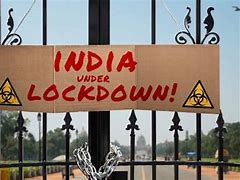

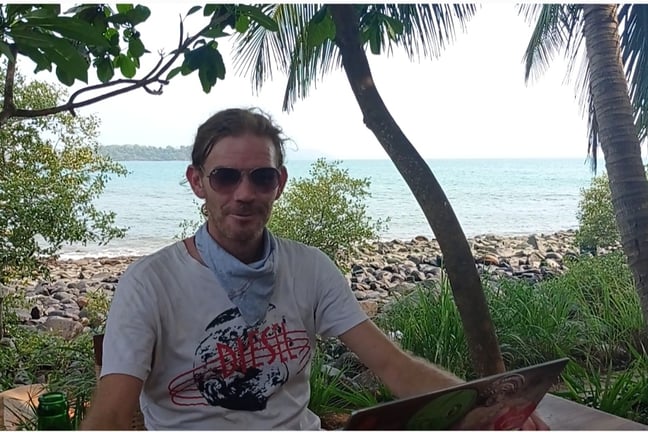

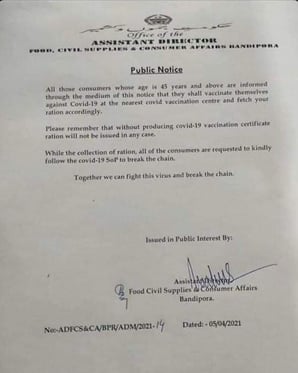

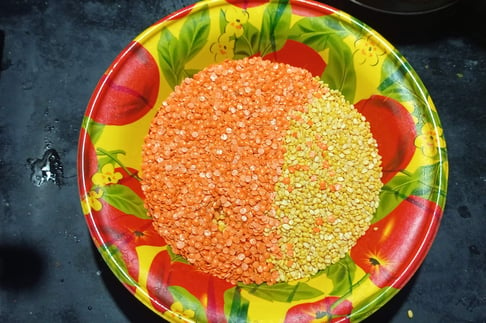

Contact
info@earnfreecash.co.uk
Socials
Subscribe to our newsletter
Applicable to users over the age of 18.
If you are concerned about gambling visit:
Monthly news and industry insights delivered straight to your inbox that I don't post anywhere else.
All Rights Reserved. | Void where prohibited..
Copyright © EarnFreeCash 2025




(+44)7841019843
(+91)9371915149
The information contained within this website is for edutainment purposes ONLY and should NOT be interpreted as financial advice. Earnings quoted are anecdotal and NOT typical – guarantees cannot be made. Earn Free Cash takes no responsibility for any liabilities – financial or otherwise – incurred by your use of this website. Only bet with money you can afford to lose.
Image Attribution: All images either owned by Earn Free Cash and are not for re-use, are open license sourced or licensed via canva.com.
